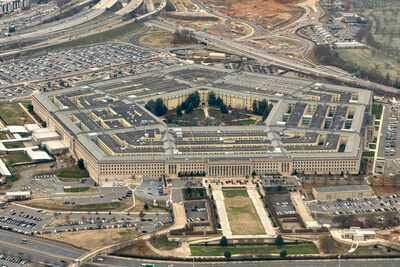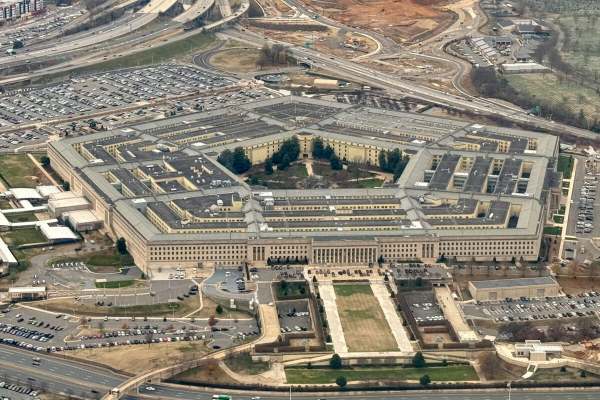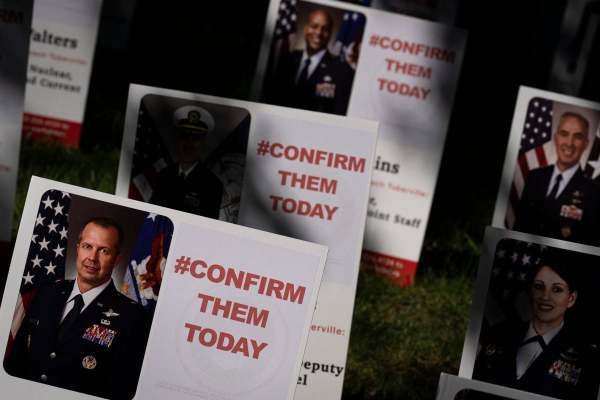
Washington DC - The Pentagon has quietly scrapped a policy that assisted troops who needed to travel to receive reproductive health care, including , a US defense official said Friday.
 The Pentagon has quietly scrapped a policy that assisted troops who needed to travel to receive reproductive health care, including abortions. © Daniel SLIM / AFP
The Pentagon has quietly scrapped a policy that assisted troops who needed to travel to receive reproductive health care, including abortions. © Daniel SLIM / AFP
President 's administration has taken aim at multiple US military policies since taking office this month, seeking to in the armed forces and to reinstate troops dismissed for refusing Covid-19 vaccines.
The end of the reproductive health care policy took effect earlier this week, the defense official said, without providing details on the decision, which has not been publicized by the Pentagon.
The Supreme Court in 2022 struck down the , meaning troops stationed in states that restricted or banned the procedure must take leave and travel to areas where it is legal to obtain one.
The Defense Department responded by permitting service members to take administrative absences to receive "non-covered reproductive healthcare," and establishing travel allowances.
The policy drew fire from Republicans, especially Senator Tommy Tuberville, a former football coach who sought to of hundreds of senior military officers' promotions in response.
 GOP Senator Tommy Tuberville held up the approval of hundreds of senior military officers' promotions in response to the Pentagon's reproductive healthcare policy, which has now been scrapped. © Drew Angerer / GETTY IMAGES NORTH AMERICA / Getty Images via AFP
GOP Senator Tommy Tuberville held up the approval of hundreds of senior military officers' promotions in response to the Pentagon's reproductive healthcare policy, which has now been scrapped. © Drew Angerer / GETTY IMAGES NORTH AMERICA / Getty Images via AFP
At the top of the US armed forces, Tuberville's actions led to three officers serving as the of military branches and on the Joint Chiefs of Staff while also performing their previous jobs as deputy service chiefs.
Tuberville , but US officials have said his "hold" on promotions caused significant disruption.
The senator hailed the end of the policy, saying Trump and his Defense Secretary had secured "what I've been fighting for since I got to Washington: ZERO taxpayer dollars should go towards abortions."
Hegseth responded to Tuberville's post on social media site , saying: "Thank you for your leadership, Coach."
Others were opposed to the change, including Jeanne Shaheen, a Democratic member of the Senate Armed Services Committee.
The end of the policy "will harm the health and wellbeing of our service members and does nothing to support our military readiness," Shaheen said on .
While the policy has been contentious, it was only used a limited number of times – 12 – at a cost of less than $45,000 between June and December 2023, the only time frame for which figures were released by the Pentagon.